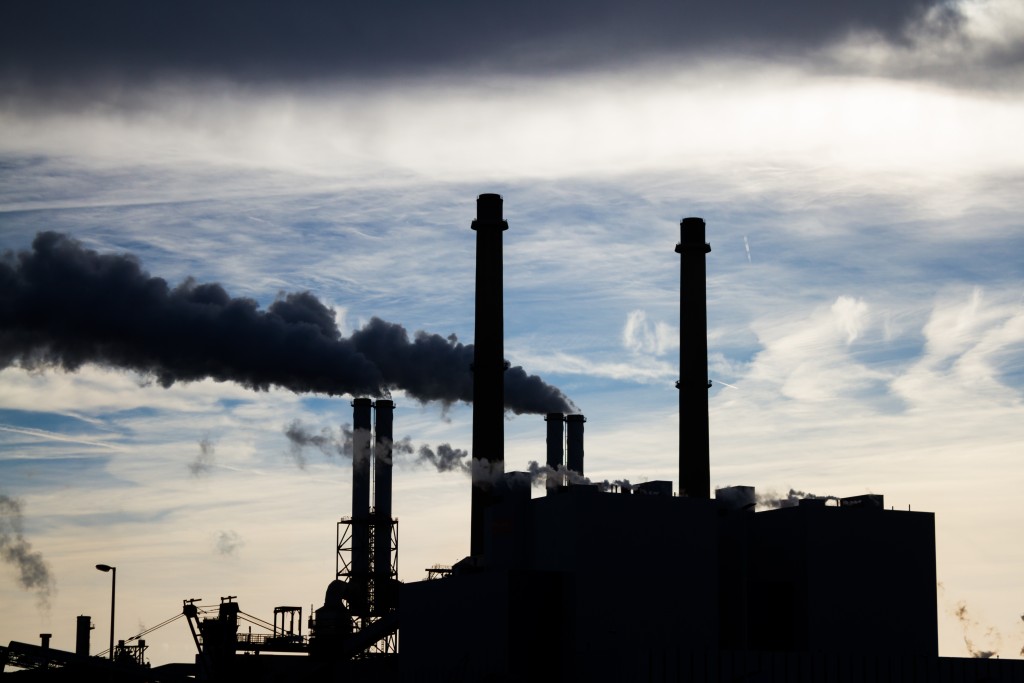
New Managing Director for Bellona Norway
The Board of the Bellona Foundation has appointed former Minister of Climate and the Environment Sveinung Rotevatn as Managing Director of Bellona No...
News

Publish date: October 8, 2021
News
Russian President Vladimir Putin this week argued that the world needs a smoother transition to green energy technologies, saying European energy markets are gripped with “hysteria” due to insufficient investment in energy industries.
Speaking during a Cabinet meeting, Putin claimed that the current situation with soaring natural gas prices in Europe was partly rooted in the lack of investment.
He said Russia wouldn’t repeat the mistakes others have made in adopting green technologies.
“There must be a smooth transition,” he said. “We see what certain unbalanced decisions, unbalanced development and sharp twists can lead to. We can see it well today in the European energy markets.”
As major oil and gas exporter, Russia is facing pressure to commit to a net zero” emissions target ahead of the United Nations’ Climate Change Conference – called COP26 – which starts in Glasgow next month and is aimed at assessing whether nations are on track to limit global temperature rises to 1.5 Celsius.
Putin has not yet said whether he will attend the climate conference. But his statements Tuesday offer new evidence that the Russian president, who for years has been scornful of climate change mitigation efforts, is finally recognizing the threat global temperature rises pose to the Russian economy.
The shift in thinking means the Kremlin is likely to come to the Glasgow summit with proposals to synchronize its efforts to measure carbon emissions with those in Europe, government sources told Bloomberg Tuesday.
Those officials say the new approach is being driven by a belated realization the European Union, Russia’s largest trading partner, is serious about implementing carbon border regulations that will likely compel Russian companies to pay for excess emissions in key industries.
The Kremlin also sees climate issues as among the few areas of possible cooperation with the U.S. and Europe after years of worsening relations.
Russia’s delegation at the summit is expected focus on topics including standards for calculating CO2 emissions and the absorption capacity of its enormous forests, as well as a proposal to rate nuclear power as “green” energy for carbon accounting purposes, two of the people said.
As the fourth largest greenhouse-gas polluter, Russia is responsible for about 5% of all carbon dioxide emitteed into the atmosphere each year. Nearly 90% of all energy Russia consumes comes from carbon-heavy sources – above the global average of about 80% –while an accelerated deployment of renewables could save the country as much as $11 billion a year by 2030.
At Joe Biden’s online climate gathering in April, Putin stuck by his unambitious emissions targets, leaving Russia as an outlier among other major economies that are aiming for net zero emissions by 2050.
Russia’s current climate plan would see emissions increase by 8.2 percent, with 57 percent of its energy still coming from fossil fuels by midcentury. That increase, however, will be swallowed by Russia’s immense forest holdings, which the Kremlin proposes doubling to cover the emissions rise.
That proposal, as it currently stands, is likely to provoke intense debate in Glasgow in the wake of EU legislation that limits the amount of carbon reduction nations can claim because of natural carbon sinks like forests and wetlands.

The Board of the Bellona Foundation has appointed former Minister of Climate and the Environment Sveinung Rotevatn as Managing Director of Bellona No...

Økokrim, Norway’s authority for investigating and prosecuting economic and environmental crime, has imposed a record fine on Equinor following a comp...

Our op-ed originally appeared in The Moscow Times. For more than three decades, Russia has been burdened with the remains of the Soviet ...

The United Nation’s COP30 global climate negotiations in Belém, Brazil ended this weekend with a watered-down resolution that failed to halt deforest...